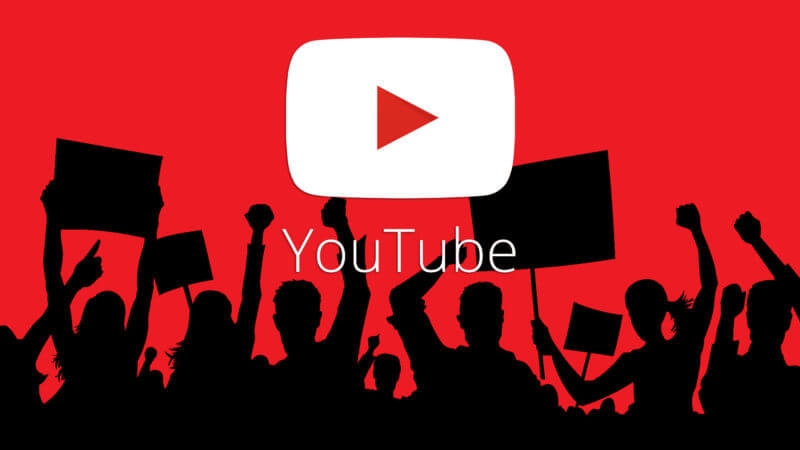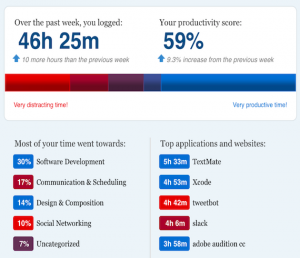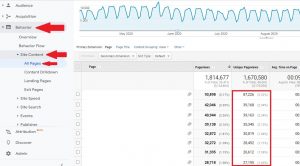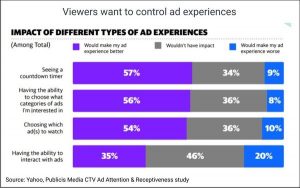Contributor Will Scott outlines 6 reasons why your business can’t afford to ignore YouTube when it comes to online marketing.

Advertising on YouTube is a cost-effective way to reach potential customers for nearly any product or business. YouTube users consume more than a billion hours of video content per day on the site. Within that large volume of traffic, advertisers are able to target specific demographics and regions.
For startups and international corporations alike, the video-sharing website has become an increasingly popular place to advertise. In 2017, 20 percent of all video ad revenues in America will go to YouTube, according to eMarketer forecasts. Below, find out why so many businesses are turning to YouTube for online marketing.
1. High rate of consumption
With over a billion users, YouTube hosts nearly one-third of all the people online. And the platform reaches more 18- to 49-year-olds than any cable network in the US, according to YouTube.
With younger generations reluctant to pay for television and cable, YouTube provides a free alternative for all kinds of media content, from music videos and tutorials to vlogs and cat videos. Industry-specific and informational videos are an effective place to reach niche markets, but outreach across YouTube puts your message in front of a much broader audience.
2. Find your business’s target audience
As with other online platforms, advertisers on YouTube have the freedom to target specific regions and demographics for their advertising budget. By sponsoring specific kinds of content, your business can advertise on the types of videos most likely to appeal to your potential customers.
Nationwide and industry-specific targeting is easy with the suite of options available to advertisers. Because many viewers are logged into their personal YouTube accounts, advertisers can target specific populations based on their search history and other key data. Affinity audiences allow your business to target viewers based on categories of interests, like auto enthusiasts or do-it-yourselfers.
3. Follow your audience along the consumer journey
Depending on search terms and video content, you can target customers with different types of videos. Is a viewer already comparison-shopping for your service? Your commercial may need to emphasize reasons to choose your business. On the other hand, the same video may not be effective for your established customers.
Customer Match allows you to filter the audience for particular videos using data from AdWords and uploaded email lists. By showing specific videos to your customers and newsletter subscribers, you can reinforce brand loyalty and shape the reputation of your company.
4. Part of a diverse advertising strategy
Facebook is likely to remain the biggest player in social media, but YouTube has a solid footing with vloggers and video content. Rather than advertising exclusively on one website, it’s better to plan an inclusive strategy that includes both social media and paid search advertising on Google.
When users move between search engines and different social media platforms, it’s important to have a clear presence across the different arenas for advertising. The mobile viewers on YouTube spend 40 minutes in an average session. Advertising directly on YouTube allows your business to reach your audience when they aren’t actively on Facebook or interacting with search engines.
5. Measurability
Unlike other forms of advertising, online ads provide detailed information about the effectiveness of each listing. Exposures, click-through rates, bounce rates and conversions are just a few of the critical data points that would be nearly impossible to objectively measure with radio, billboards and conventional alternatives.
With data about which ads are most effective, your business is better able to tailor promotional and marketing strategies in the future. The relative success of certain ads can serve as market research into the selling points and products most important to consumers.
6. Audience research
Unlike with conventional television, YouTube advertisers can allow viewers to “skip” after the first few seconds of a commercial. While millennial viewers skip videos nearly 60 percent of the time, according to a survey from LaunchLeap, that isn’t necessarily a bad thing for advertisers. Viewers eager to skip after the first few seconds likely aren’t interested in the product or service, and platforms like TrueView allow you to pay only for the content watched to completion.
The data about which viewers click “skip,” on the other hand, can be beneficial for evaluating the success of different marketing strategies. You can even learn how long viewers continued to watch, whether they skipped immediately or after a certain point in the commercial.
The major benefits of advertising on YouTube parallel the advantages of other online marketing strategies. Unlike billboards and other tangible forms of product promotion, online advertising is easily scalable to fit any budget. A higher available budget can be used for a higher level of exposure and views. On the other hand, a small budget can be specific for targeting a niche industry or interest group.
YouTube video advertising is just one of many important elements for promoting your company’s presence online. Make the most of this vibrant social network by making sure that your business is a visible participant.
Some opinions expressed in this article may be those of a guest author and not necessarily Marketing Land. Staff authors are listed here.
Marketing Land – Internet Marketing News, Strategies & Tips
(64)
Report Post







